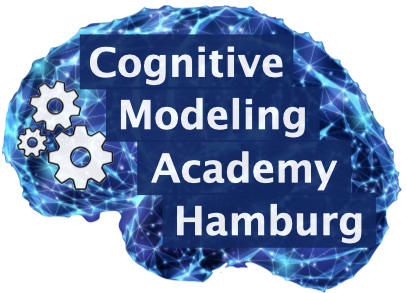Faculty Page

Dr. Jan Gläscher (course organizer)
Institute for Systems Neuroscience, University Medical Center, Hamburg
I have been working at the intersection of cognitive modeling and neuroimaging for the past 15 years. Informing the analysis of functional brain data by cognitive modeling allows us to identify the computations that a brain region carries out in a particular task. In my research group we investigate the neural representations of model-free and model-based reinforcement learning and, more recently, around social decision-making, mental modeling, and Theory of Mind. In my work, I combine cognitive modeling with neural recordings with fMRI and EEG hyperscanning to investigate within and between brain synchronization.
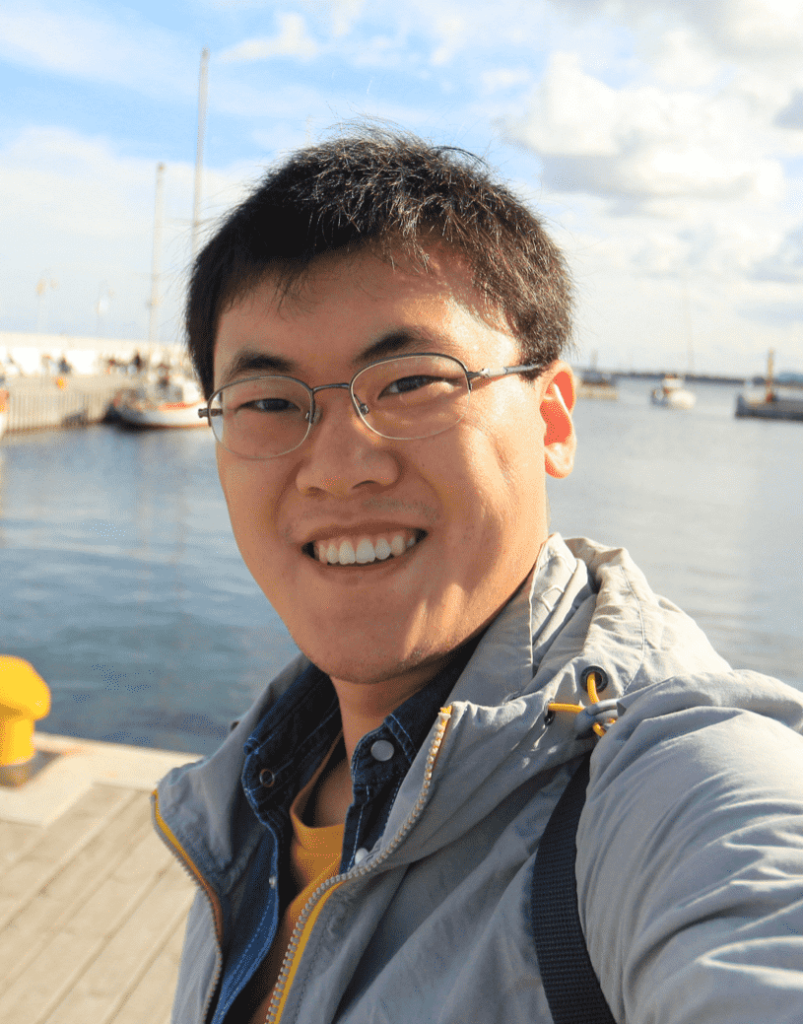
Dr. Lei Zhang
Faculty of Psychology, University of Vienna, Austria
I study the neural and computational mechanisms of social affective decision-making, particularly motivated by frameworks of reinforcement learning and Bayesian inference. To accomplish this, I have utilized formal computational modeling (with state-of-the-art Bayesian hierarchical approach) and functional neuroimaging (fMRI) in both healthy and clinical populations. I am one of the core developers of the well-received package “hBayesDM” that implements various computational models under the hierarchical Bayesian framework.
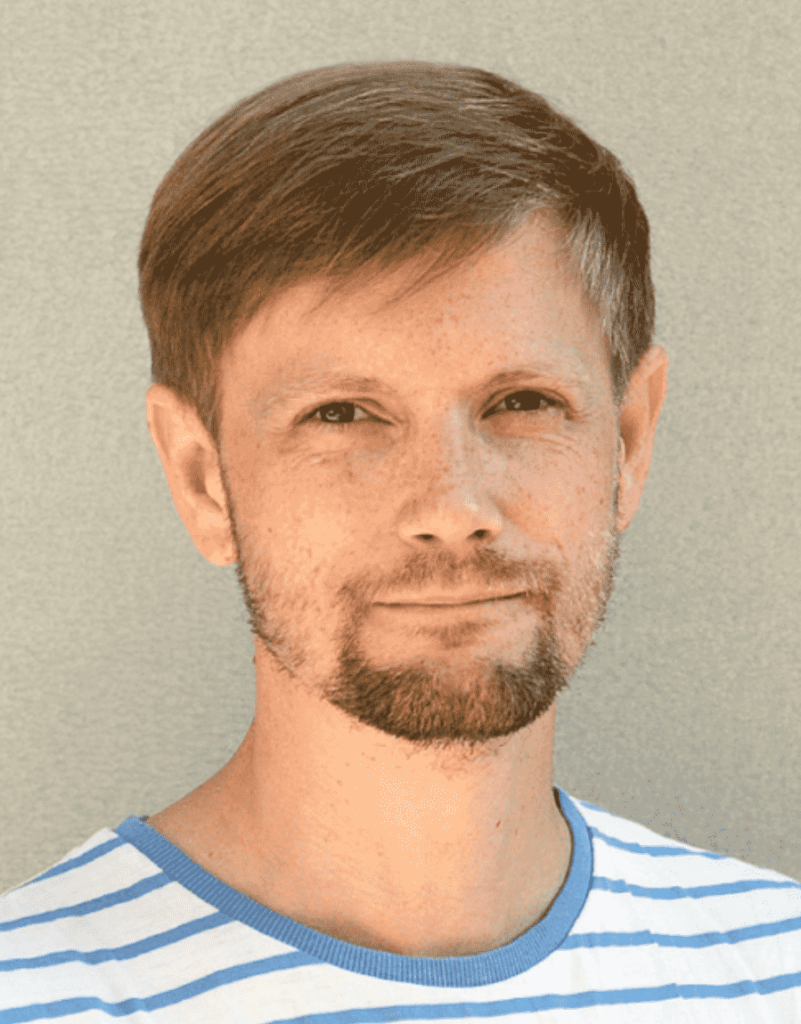
Prof. Dr. Sebastian Gluth
Department of Psychology, University of Hamburg, Germany
I am interested in the cognitive and neural basis of value-based decisions, and how these decisions are shaped by the influence of various cognitive functions such as attention, learning and memory. The research done in my lab follows a rigorously quantitative approach that combines computational modeling (esp. Sequential sampling models of decision making and reinforcement learning models) with various physiological and neuroscientific methods such as eye-tracking, fMRI and EEG. Methodologically, I am particularly interested in connecting trial-by-trial variability in formal models with neuroimaging data.
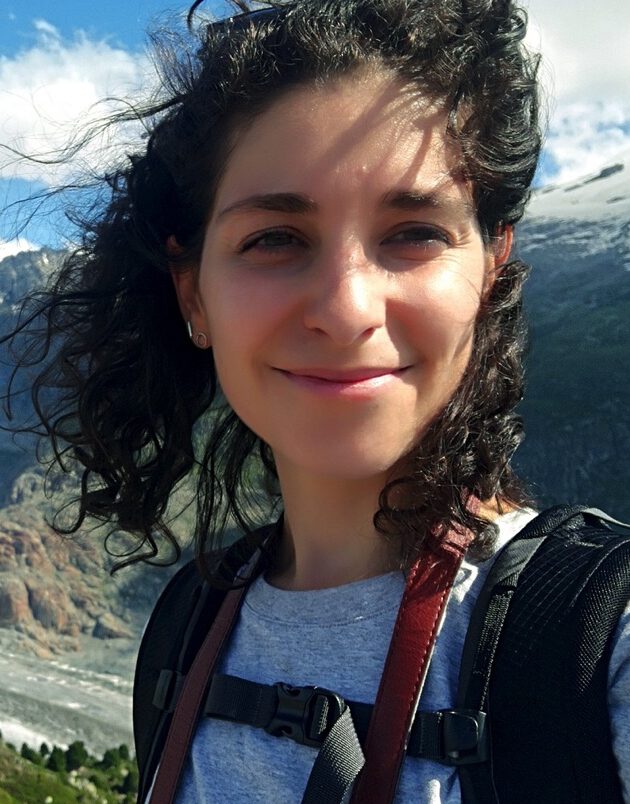
Dr. Laura Fontanesi
Department of Psychology, University of Basel, Switzerland
I study the cognitive and neural bases of reinforcement learning in humans. In particular, I am interested in developing computational models of behavior (choices and response times) that can account for individual differences in learning and decision making and are biologically plausible. I am an enthusiastic user of Python and of Bayesian statistics and enjoy teaching computational and programming skills to psychology students, from the Bachelor to the Graduate level. I also developed a Python package to fit combinations of reinforcement learning and sequential sampling models (rlssm) in a Bayesian hierarchical framework using stan.
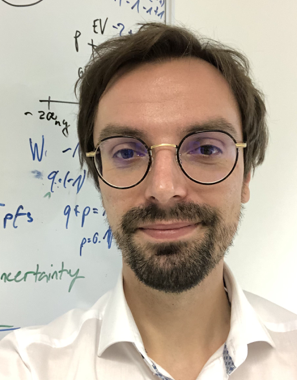
Prof. Dr. Christoph Korn
Department of General Psychiatry, Heidelberg University Hospital, Germany
My aim is to develop neuro-computational models of human decision-making and learning in multimodal, social and non-social contexts. I achieve this by combining ecologically valid behavioral and neuroimaging experiments with models based on Reinforcement Learning, Markov Decision Processes, and Deep Neural Networks. In particular, I am interested in understanding why humans often deviate from apparently rational or optimal behavior. It is my hope that neuro-computational models of such biases will result in novel diagnostic approaches and therapeutic interventions for individuals suffering from psychiatric disorders.
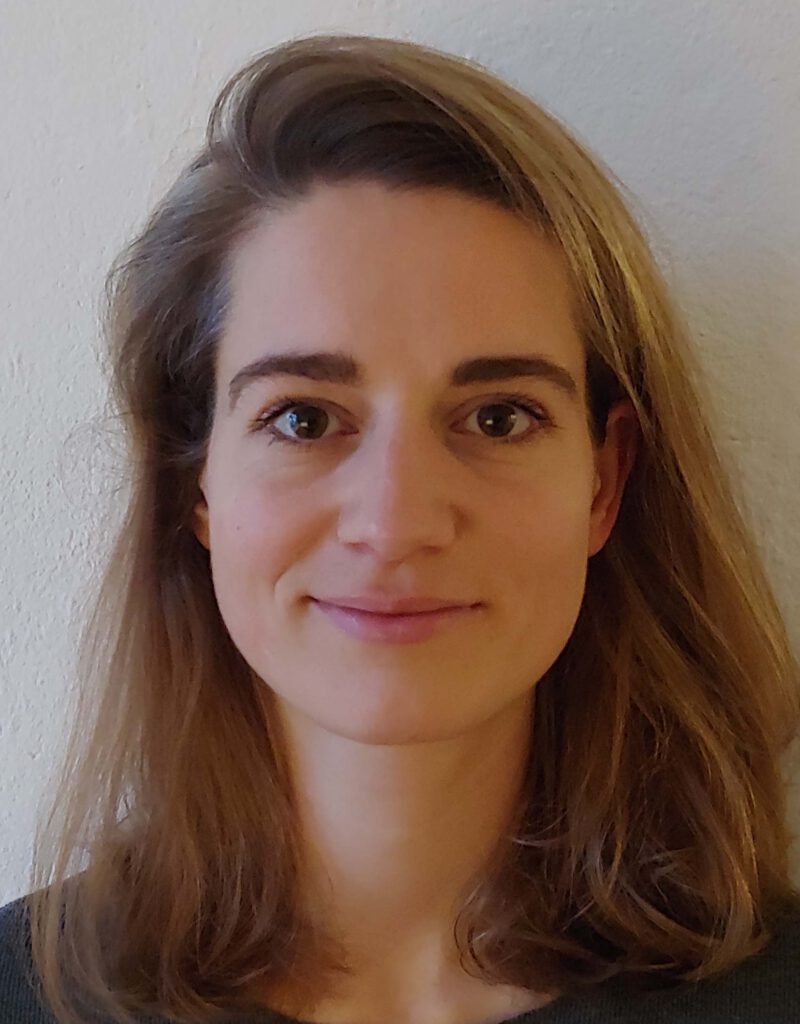
Dr. Tessa Rusch
Division of the Humanities and Social Sciences, Caltech, USA
My research focuses on exploring the mechanics of social behaviors. In pre-Covid times, we combined in-person social interactions, concurrent recording of interacting partner’s neural activity, and “multi-agent” reinforcement learning models to characterize the cognitive and neural dynamics of dyadic decision making. With Covid disrupting our everyday activities and making online interaction the new “social normal”, we turned to direct and indirect online social interactions to explore large scale social decision and inference processes.
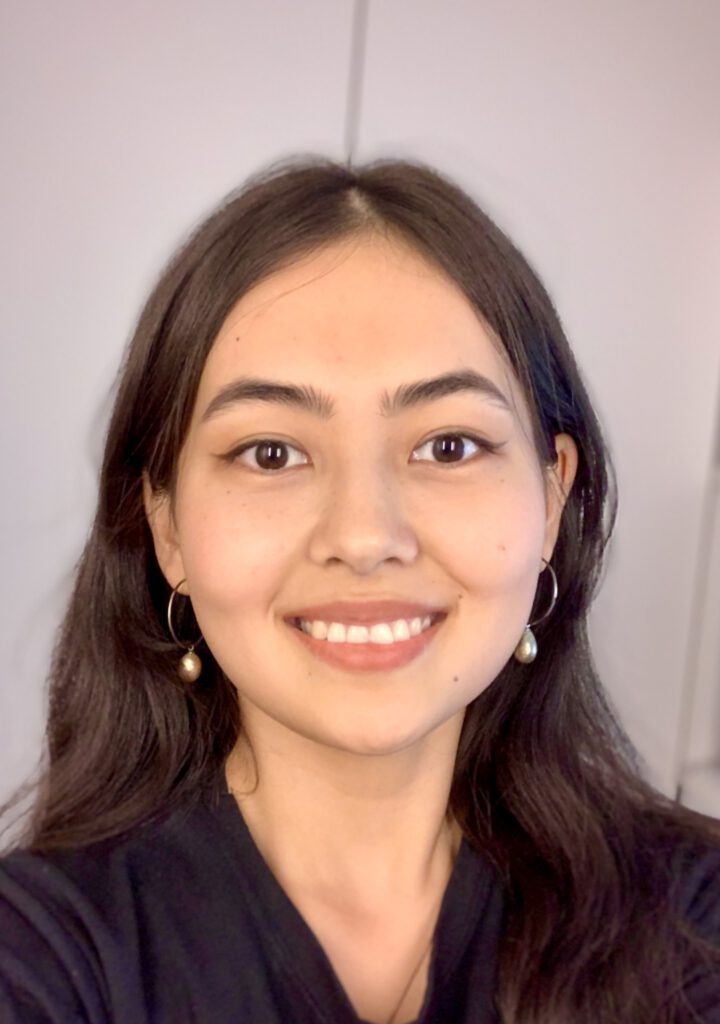
Aida Usmanova
Email: aidausmanova@yahoo.com
